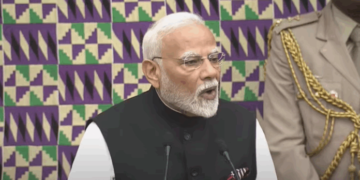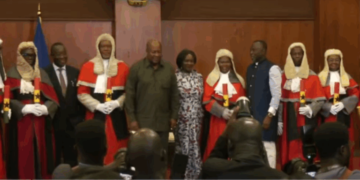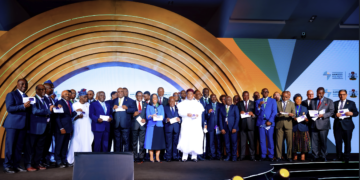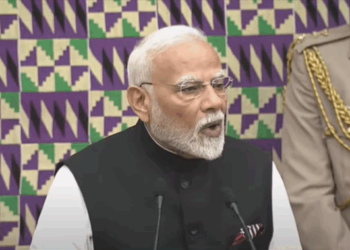The Nigeria Customs Service (NCS) has announced the successful commencement of the pilot phase for processing Form M through the new B’Odogwu Unified Customs Management System across all its Commands.
The pilot initiative, a major step in the Service’s ongoing technology-driven reforms, aims to modernize trade procedures and boost operational efficiency nationwide.
The pilot began with preparatory activities at three key Customs Commands: Port and Terminal Multiservices Limited (PTML), Tin Can Island Port, and Apapa Area Command. These locations were chosen to allow for strategic monitoring, stakeholder engagement, and performance assessment during the initial rollout.
During the pilot, a total of 544 Form M entries were processed. Of these, 283 were successfully registered, 10 validated, and 26 stored for further action.
Additionally, 41 entries were submitted, 120 returned for corrections, 11 queried, 14 had their Pre-Arrival Assessment Reports (PAARs) locked, and 39 were recommended for approval. This robust activity reflects the system’s capacity for iterative learning and real-time problem-solving.
ALSO READ: TANZANIA SIGNS DEAL WITH CUBAN FIRM TO ENLARGE TBPL
The B’Odogwu system also generated 37 Pre-Arrival Assessment Reports from the processed Forms M. Out of these, 7 PAARs were registered, 12 had their Single Goods Declarations processed, 2 were fully approved, 8 were recommended for further review, 4 were submitted for processing, and 4 queried. These results confirm the operational readiness of the new system to support end-to-end trade documentation.
The NCS stated that the successful pilot signals the start of a nationwide transition designed to streamline customs documentation, improve transparency, and accelerate cargo clearance timelines.
As part of the ongoing pilot, the Service is encouraging all shipping lines and airlines to begin transmitting manifests to the B’Odogwu platform, while ensuring that financial institutions and traders are engaged and prepared for full deployment.
Comptroller-General of Customs, Bashir Adewale Adeniyi, MFR, reaffirmed the Service’s commitment to strategic automation initiatives that strengthen trade facilitation, revenue generation, and national development.






























































